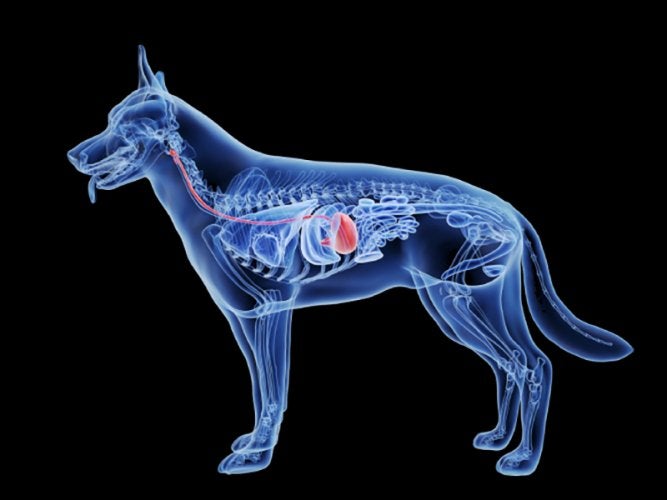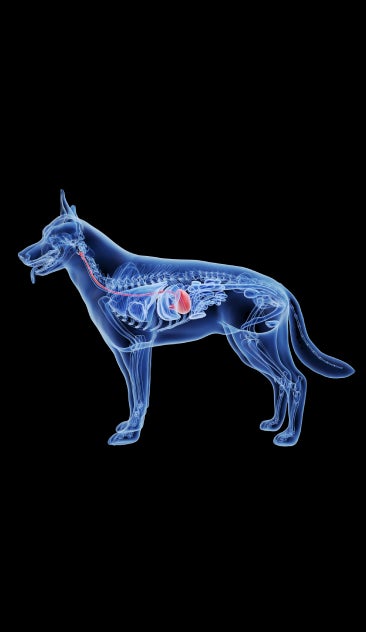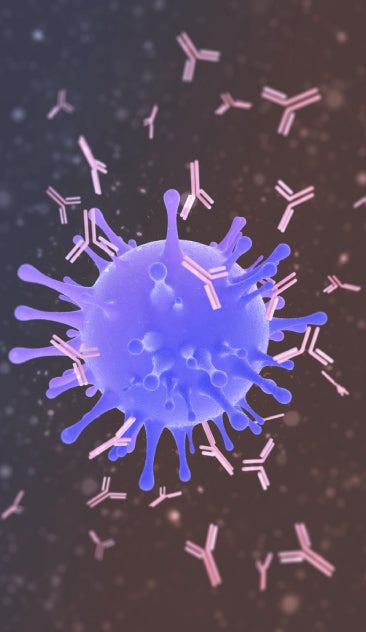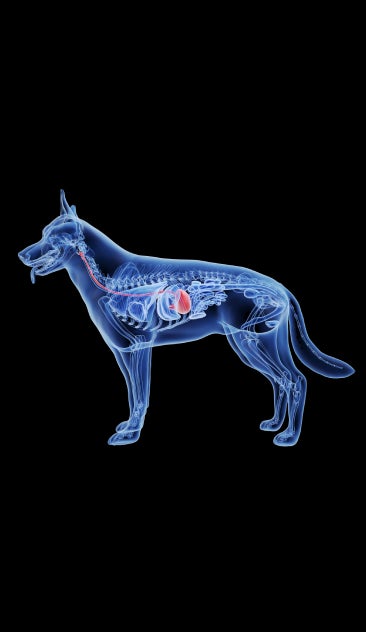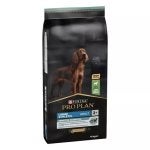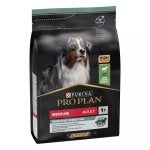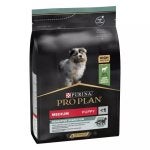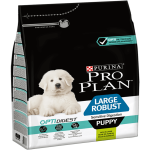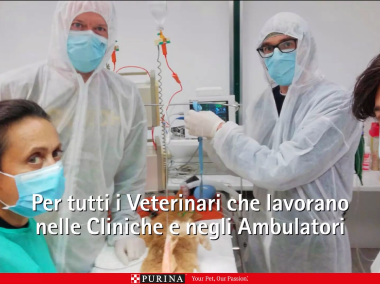This dose-response experiment was designed to evaluate the effects of oligofructose and inulin in seven female ileal-cannulated healthy adult dogs. The methodology established that the dogs be provided a meat-based, kibbled food diet and assigned to treatments in a 7 x 7 Latin square design. Treatment varied in three concentration levels (0.3, 0.6, and 0.9% of the diet) of two fructans, oligofructose (OF), and insulin, as tested in comparison to a control group with 0% supplemental frucan levels.
The results found that the dogs fed the control had a higher percentage of fecal DM (36.6%) as compared to the OF diets (33.3, 32.8, and 31.7%, respectively). While both OF and inulin diets increased the ammonia concentrations in feces vs control, those fed with both fructans showed a higher fecal short chain fatty acid and isovalerate concentration when using the supplementation (P < 0.10 and P < 0.01, respectively). In conclusion, supplementation of both fructans has a positive impact in indexes known to be related with dog’s gut health without seriously compromising nutrient digestibility or stool quality, however, the best response was obtained with the 0,9% OF treatment as results showed no adverse effects on either nutrient intakes, ileal digestibles, or stool quality, all key metrics of the study. The 0.9% OF treatment also showed a lower level of fecal phenols and a raised fecal SCFA.
 purina: insieme è meglio
purina: insieme è meglio


